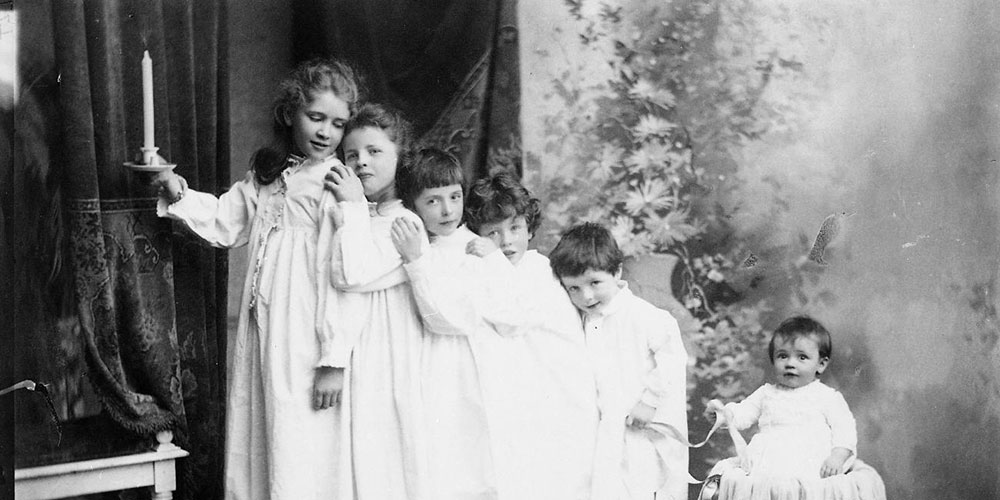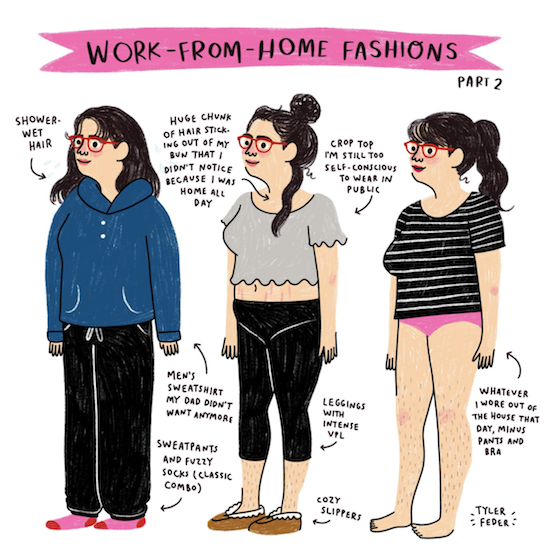Table of Content
- Naturalisations before the 19th century
- Getting British citizenship
- Immigrationboards.com: Immigration, work visa and work permit discussion board
- What if I don't meet the Good Character citizenship requirement?
- Freedom of Information requests
- Organise a citizenship ceremony
- Contact the Home Office/ UKVI in a language other than English
You usually need to prove you’re of good character before you can apply for citizenship. You need to prove you understand English, Welsh or Scottish Gaelic before you can apply for citizenship. If you don’t have a passport or travel documents because you’re a refugee, the Home Office should accept that you didn’t leave the UK after you arrived. You’ll need to give the Home Office your current passport and old passports that cover the time you’ve been in the country. If you have any entry and exit stamps in your passport, check they match the dates you’ve said you were in and out of the country on your application. You need to prove your residency even if you've done it before - for example, by applying for 'settled status'.

IAS is a highly regarded immigration law firm with a proven track record of successfully helping our clients with their goals. Please send all correspondence by email because of coronavirus (COVID-19). If you send it by post it will not receive a reply within normal timescales. Home Secretary and European counterparts meet to renew discussions on how to crack down on illegal migration and people trafficking. Becoming a British citizen means you can vote in all elections or referendums.
Naturalisations before the 19th century
Have held ILR, have an EEA permanent residence card or EU Settled Status for at least a three-year period prior to your application. If you have already lived in the UK and obtained a pass certificate as a part of your Indefinite Leave to Remain eligibility requirements, you will be exempt from this British nationality requirements. The same applies to those who are aged between 18 and 65 or who suffer from a long-term illness or disability. As a general rule, British nationality applications are decided by the UKVI within six months.
The Home Office charges a different fee depending on where you are and whether you want to phone or email your query. Read about the types of information we routinely publish in our Publication scheme. Our Personal information charter explains how we treat your personal information. Read about the Freedom of Information Act and how to make a request.
Getting British citizenship
You will not get most of your money back if your application is refused - for example, if you’re not eligible or you sent the wrong documents. Most adults who have migrated to the UK get citizenship by applying to ‘naturalise’. Apply for duplicate certificates through our Certificates of British citizenship page. Naturalisation is the legal process by which a person changes their nationality. Use this guide if you are looking for records of how, when or if a person obtained British citizenship up to October 1986.
The Home Office plays a fundamental role in the security and economic prosperity of the UK. Take 3 minutes to tell us if you found what you needed on our website.Your feedback will help us give millions of people the information they need. The amount of time you wait for the Home Office’s decision will not affect your existing rights in the UK - for example, you can continue to work or claim benefits.
Immigrationboards.com: Immigration, work visa and work permit discussion board
At IAS, we are committed to professionally assisting all our clients. Your case will be processed by an experienced lawyer, who will assess your situation and advise you on how to proceed. Hire one of our specialists to ensure that each part of your forms is completed by our experts. During the 12-month qualifying period, you cannot spend more than 90 days away from the UK.

Naturalisations during this period were recorded, or ‘enrolled’, on documents known as close rolls. The original private acts of Parliament are kept at the Parliamentary Archives, though there are very few naturalisation acts after 1844. Before 1844 naturalisation was granted only by a private act of parliament. After 1844, right up to the present day, naturalisation has usually been granted by the Home Office.
What if I don't meet the Good Character citizenship requirement?
Their role is to confirm that the information you have provided on your form is correct. Without your referees’ signatures, your request cannot be valid, and it will be rejected. You can submit your forms and documents either from abroad or from within the UK.

Children born in the UK to non-British citizens parents will automatically be recognized as dependants, and thus subject to the same visa rules as their parents. If this is your case, you may be able to register for British citizenship at a later time. If you pass the test, you will receive a notification letter that you have to send to the UKVI together with your permanent residence form. Otherwise, if you fail the test, you will be able to retake it as many times as you need to. If you are “stateless” and are thus not recognized as the citizen of any country, you may be eligible to be a British citizen. Both your eligibility and the application process you need to follow depends on the country where you were born.
In other words, different qualifications such as GCSEs and NVQs are not valid to meet this requirement. On the day of your exam, you must bring with you the same ID that you used to book the test, as well as any proof of your address. If you fail to provide the correct documentation, you will not be able to sit the test, and you will not get a refund. Do not forget to include details of your two referees, who will need to sign your form to confirm that the information you provided on your form is correct.
If our search is unsuccessful we can provide a ‘letter of no evidence of naturalisation’. Do this by completing arequest confirmation of no evidence of British naturalisationform. This includes children in the country on a dependent child visaor children born in the UK to non-British parents. If you are applying for British Citizenship as a spouse, you will only need to show three years’ continuous residence at the time you apply for permanent residence. However, you will still need to have held ILR or EU settled status for at least a year.
What email contact can I use to check the progress of my naturalisation application. Previous offences and convictions are likely to affect your eligibility for citizenship, although this does depend upon the type of conviction or offence. Settled Status will be granted to those who have been in the UK for at least five years. Once you have held this for one year you will be eligible to apply for British Citizenship. If you submit your form online, you will be asked to pay by credit or debit card. Differently, if you use the paper form, you must use the payment slip to pay either by card or cheque.
Both ILR and British nationality give you the right to live, work and study in the UK free from immigration controls. Proof that you have exercised treaty right in the last 3 or 5 years, depending on your immigration status. To this end, you can provide letters confirming your current employment, bank statements or letters from your education establishment.



















